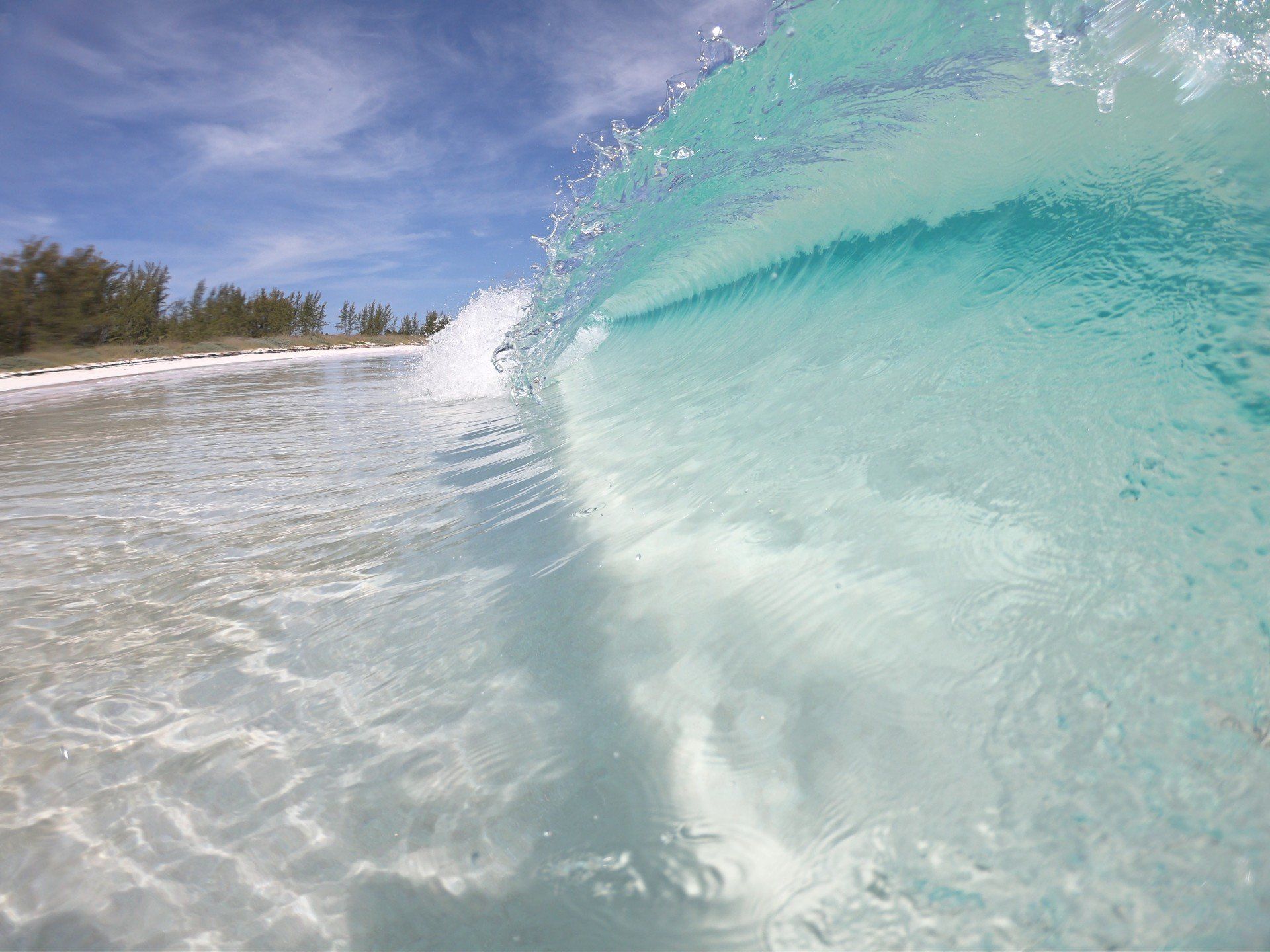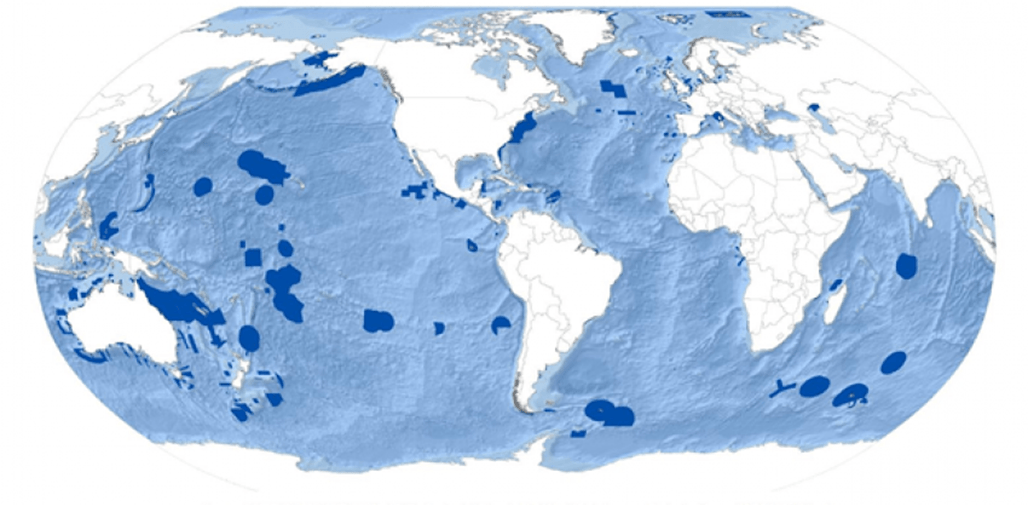We Need to Protect the Ocean Before it’s Too Late!
The ocean is in decline and as the climate and biodiversity crisis worsens there is an urgent need for change. We need to protect at least 30% of the ocean by 2030 to allow it to build resilience, adapt to climate change and to give it a buffer from other threats like overfishing. The International Union for Conservation of Nature (IUCN) set this ambitious, but essential, target in 2016. With only a decade left to reach this goal, now is a pivotal time for countries to unite and for actions to be made.
The above photo is of a beach in the Bahamas. As an island nation, Bahamians depend greatly on the marine environment for fishing, tourism, and coastal protection from extreme weather events. But the oceans are not just important for those who live close to it. The ocean is essential to all life on earth. All of us, directly and indirectly, depend on the ocean- from the air we breathe, the food we eat, to livelihoods and recreation.
The ocean has the ability to
regenerate itself and we as humans can help by implementing Marine Protected
Areas. MPAs are areas of the ocean that are set aside for long-term
conservation aims. They act to safeguard important areas of the marine
environment. Of course, MPAs alone cannot solve all the problems that our
oceans face today- ocean acidification, climate change, pollution. What MPAs can
do, though, is allow ocean ecosystems to ‘rest’. It is important that they are
given a chance to recover unencumbered by human interference through no-take
MPAs.
The ocean is currently under
protected with only 2% of it being covered by no-take MPAs, and unfortunately,
most MPAs don’t have enough financial support or manpower to implement the
required conservation and management measures. Countries govern up to 200
nautical miles from their coasts. Beyond that are the high seas, which make up
the majority of the ocean, but only about 1% are currently protected by MPAs.
These are the areas where a lot of new MPAs will need to be implemented. We are
a long way off reaching the target of protecting 30% of the ocean by 2030 and
in order to reach the desired goal, international collaborations will have to
be improved and a greater coherence of decision making undertaken. The ocean is
the biggest biosphere on the planet, but at the moment there is little
regulation over how countries can use it.
The Seychelles is a great example of a country that has
already managed to protect a huge area of its ocean. It recently set aside 30%
of its marine territory, or about 410,000 square kilometres, to be legally
protected from activities that damage the marine environment. The combination
of scientific research, legal work and community and political engagement made
it possible. Only sustainable tourism will be allowed in the protected areas
and work is being done to ensure that the rest of the ocean is only exposed to
low-impact sustainable businesses.
It is encouraging to see that it can be done, but it also highlights the fact that it takes a long time to come to fruition and requires dedicated work from a lot of people.
On top of implementing MPAs and protecting 30% of the ocean by 2030, there are other important factors that should be focused on at the same time to allow for the greatest success. Nature based solutions are essential in the marine environment. The protection of mangroves and seagrass is paramount because they are vital for the sequestration and storage of carbon. We must focus on putting measures in place to ensure that all human activities in the marine environment are sustainable. Finally, but maybe most critically, we have to do what we can to address the climate emergency. We need to stick to the Paris Agreement target of limiting global warming to 1.5 degrees and move as quickly as possible to achieving the net zero emissions target by 2050 at the very latest.
What will reaching the goal of 30% by 2030 achieve?
Reaching this target would have many broad reaching benefits. Most importantly, it would create a network of fully protected, well-enforced and ecologically significant MPAs which will enhance ecosystems and make them healthier and more resilient to climate change. It would also provide safe havens for iconic species like whales, dolphins, sharks, and turtles. There would be an increase in the number and size of fish and a greater species diversity. It would provide stable livelihoods and food to millions of people living in coastal communities. The protection of important habitats like seagrass and mangroves would further help with climate change mitigation and threats from extreme weather events could be reduced by protecting natural coastal defences like coral reefs and mangroves.
By protecting 30% of the oceans by the year 2030 scientists believe that we will avoid the worst impacts of the climate and biodiversity crisis.
References:
IUCN. 2020. Marine Protected Areas and Climate Change. Available at: https://www.iucn.org/resources/issues-briefs/marine-protected-areas-and-climate-change (Accessed: 09/06/20)
The
Commonwealth. 2020. Seychelles milestone offers lessons on marine protection.
Available at: https://thecommonwealth.org/media/news/seychelles-milestone-offers-lessons-marine-protection
(Accessed: 10/06/20)
SHARE THIS ARTICLE















